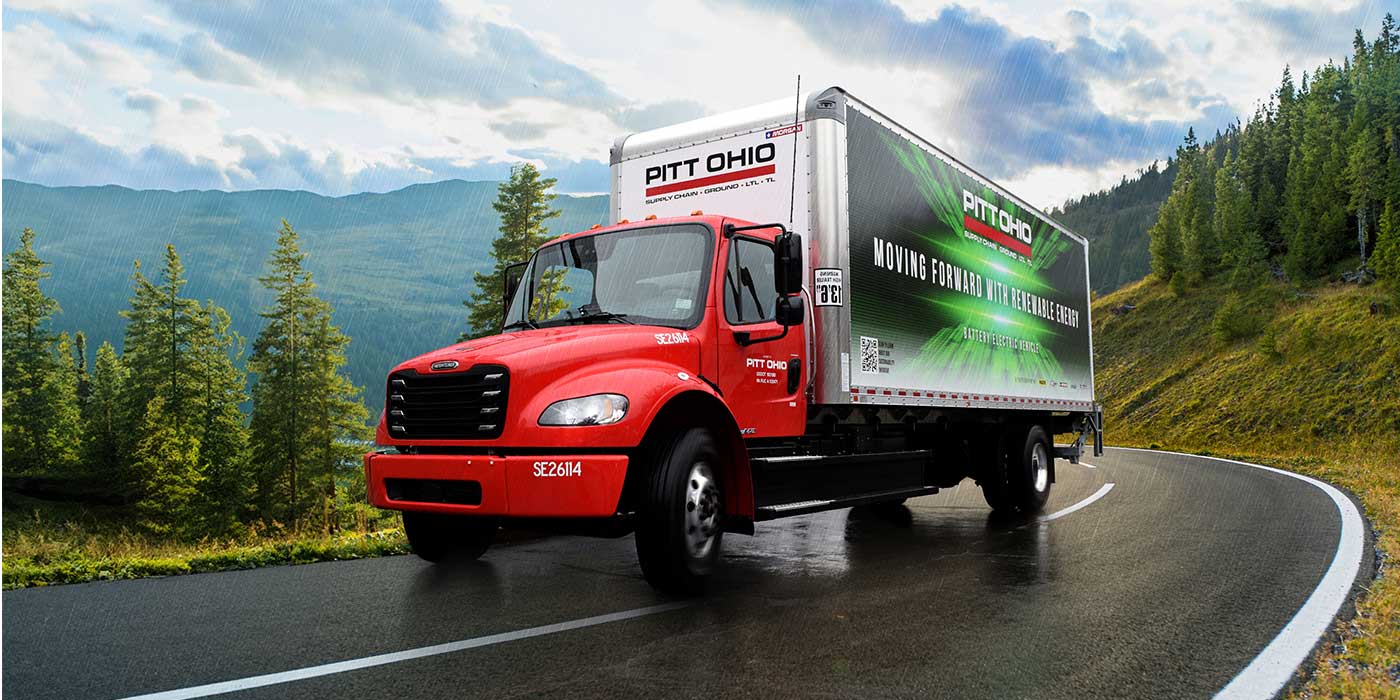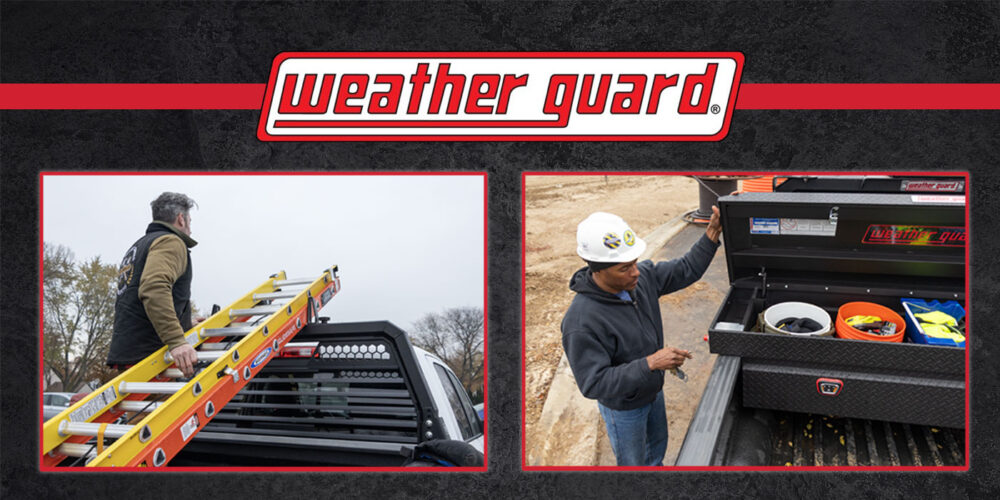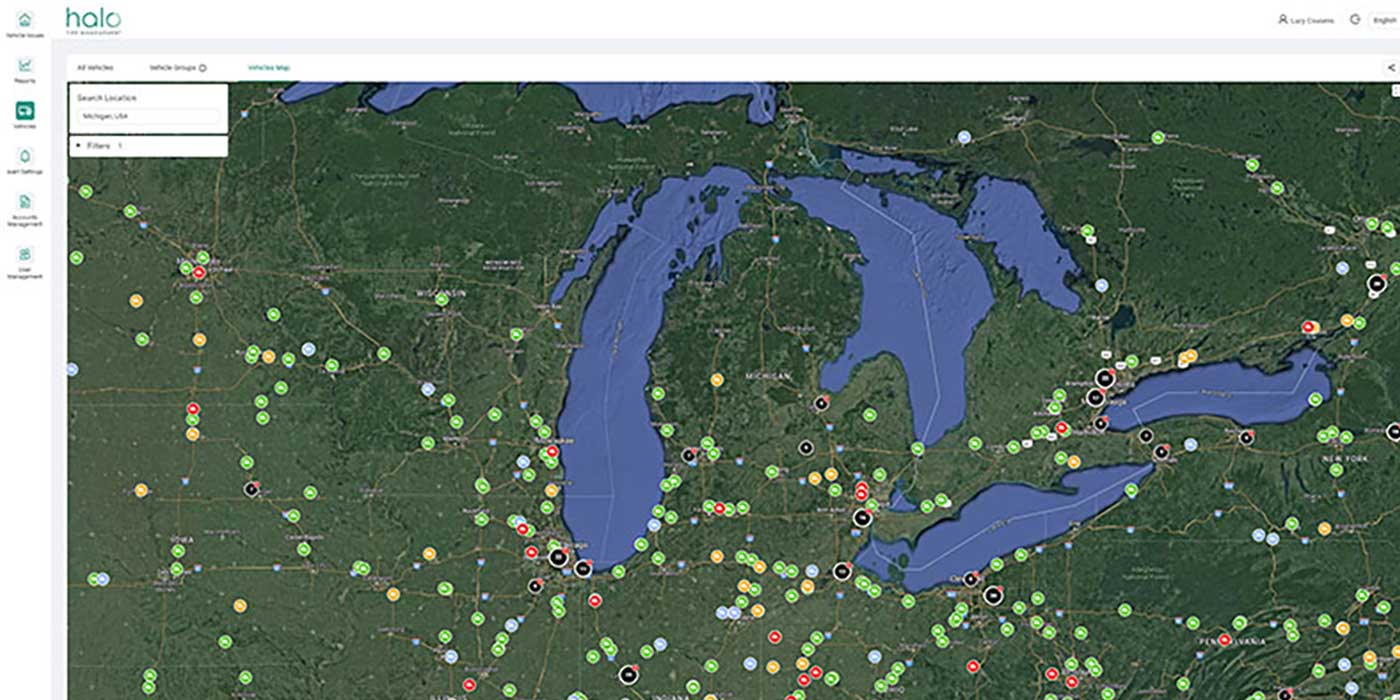Serving customers in a wide variety of vocations, the universe of light- and medium-duty commercial fleets is inherently diverse. As a result, and because their primary business is to manage vehicles that support their company’s operations, fleet managers in these segments may be searching for resources that can assist them with the information they need to specify, purchase and maintain vehicles, as well as effectively manage operations.
Fleet managers did not have to look farther than this month’s NTEA The Work Truck Show. The association dedicated to serving vocational fleets offered a range of resources (Details can be found at ntea.com).
For example, NTEA’s on-site training for commercial, utility and government fleets program used qualified engineers to provide strategies and practical techniques for vocational vehicle specification and design. Courses included vehicle weight distribution analysis, basic powertrain analysis (covering optimizing powertrains to meet performance expectations and for maximum fuel efficiency), truck equipment and body design principles, truck chassis design principles, trailer towing, understanding the federal bridge law, completed and modified vehicle certification, equipment and chassis specifications, new vehicle quality assurance and life-cycle cost analysis (including lease vs. purchase evaluations).
With fleets facing a seemingly unending number of local, state and federal regulations that have an impact on vehicle specifications, maintenance and driver and technician qualifications, NTEA offered a course in fleet risk management. The program covered developing a risk management plan for operations and how to become familiar with regulatory requirements and exceptions.
Participants in this program learned how to develop action plans to address each category of potential risk, and work on developing safety, vehicle use and driving policies, regulatory compliance procedures, schedules, and employee records. Covered as well were formal safety training programs, including the use of qualified instructors in areas such as the operation of special equipment and vehicle and special equipment maintenance schedules, procedures and documentation.
Concurrently, a regulatory requirements course at NTEA covered federal standards and agencies for fleets involved in interstate commerce and individual state regulations for intrastate operations. Also covered were differentiation issues between CDL and non-CDL commercial vehicles.
In fleet engineering and productivity sessions, NTEA provided information on how to address ownership costs and productivity for vocational fleet vehicles. Included were keys to matching each vehicle to its intended application and in-depth coverage of a systematic process for designing vocational vehicles by identifying application requirements, operating environments, driver considerations and reviewing performance of existing equipment. Also addressed was upfitting package design, and a review of maintenance and safety issues.
Certification opportunities were also available from NTEA through programs it endorses from the NAFA Fleet Management Association. Included were Certified Automotive Fleet Manager (CAFM) and Certified Automotive Fleet Specialist (CAFS) self-study online training and certification programs. Both were open to any individual with at least one year of experience in any fleet-related position.
CAFM program disciplines include asset management; business management; financial management; fleet information management; maintenance management; risk management; vehicle fuel development and professional development. CAFS provides three discipline sets based on education or employment needs. Topics covered included fleet information management, professional development, risk management, financial management, asset management, business management, maintenance management and vehicle fuel management.
Theses types of vocational fleet resources and information were all designed to assist fleet managers with managing operations and mitigating risks. Light- and medium-duty vocational vehicles are critical tools for companies in many industries, which should be designed, specified, operated and maintained for the tasks they are intended to perform, properly specified. Take advantage of available association resources on your path to achieving these
goals.













